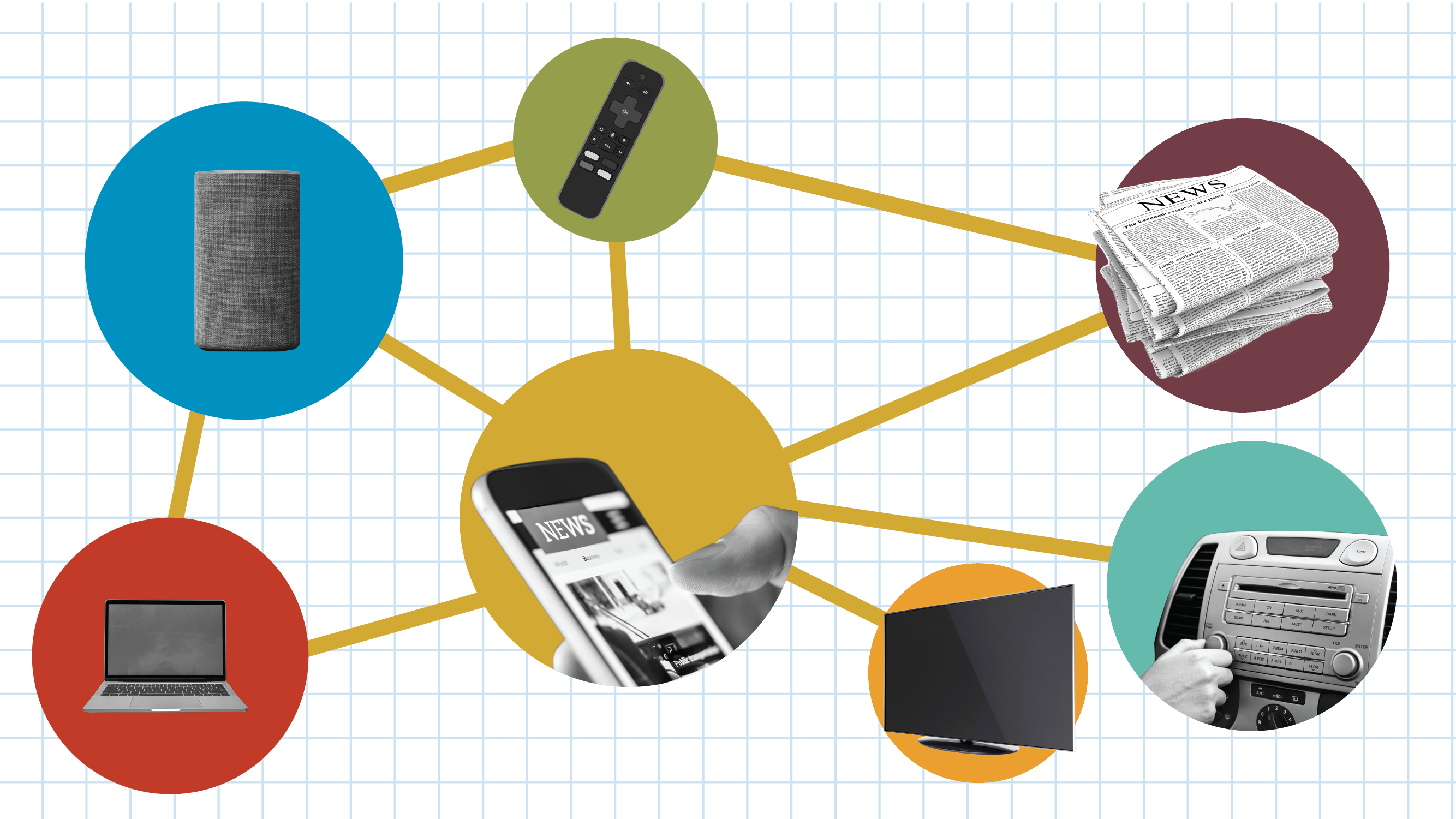
Measuring News Consumption in a Digital Era
As news outlets morph and multiply, both surveys and passive data collection tools face challenges.
As news outlets morph and multiply, both surveys and passive data collection tools face challenges.
Pew Research Center’s political typology sorts Americans into cohesive, like-minded groups based on their values, beliefs, and views about politics and the political system. Use this tool to compare the groups on some key topics and their demographics.
As news outlets morph and multiply, both surveys and passive data collection tools face challenges.
Our latest Methods 101 video explains the basics of machine learning and how it allows our researchers to analyze data on a large scale.
Dennis Quinn, computational social scientist, explains how our analysis of sermons came together and the challenges that arise when religion meets big data.
This Pew Research Center analysis harnesses computational techniques to identify, collect and analyze the sermons that U.S. churches livestream or share on their websites each week.
This essay on the lessons we learned about deep learning systems and gender recognition is one part of a three-part examination of issues relating to machine vision technology.
A computer can be trained to predict whether an image shows a man or a woman. Can you identify which parts of the face are most essential to the computer’s decision?
We explored how Americans feel about the tenor of debate in the country in a recent major survey about U.S. political disource. Here's how we did it.
Probability forecasts have gained prominence in recent years. But these forecasts may confuse potential voters and may even lower the likelihood that they vote.
By Lee Rainie Pew Research Center released a report on Nov. 29 analyzing the 21.7 million comments submitted online during the U.S. Federal Communications Commission’s open public comment period on net neutrality. Fight for the Future has raised concerns about some aspects of our report, two of which point out inaccuracies that do not change […]








